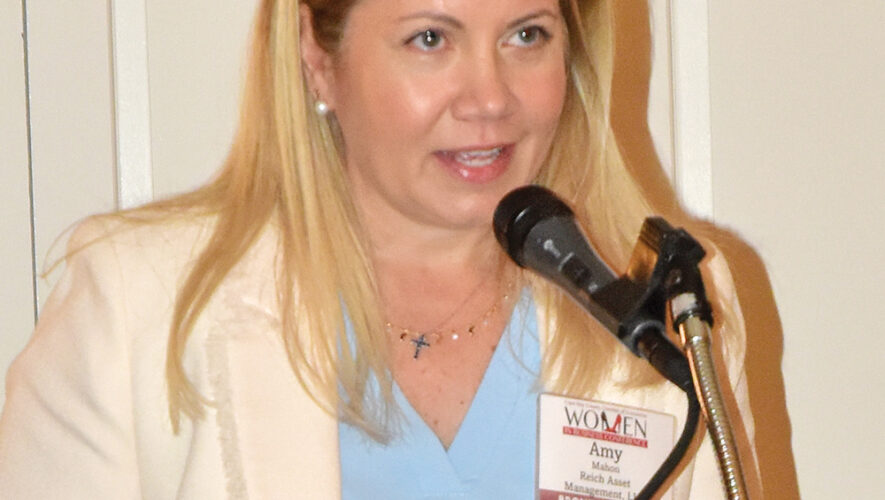PETERSBURG — Township Committee introduced its $17,601,348 municipal budget Feb. 26, calling for a $301,980 increase in the tax levy and a 1.4-cent increase in the municipal tax rate.
Township Administrator Gary DeMarzo said of the more than $43 million the township collects, it keeps only about 13 percent, in this case $5,618,158 for 2024, up from $5,316,178 in 2023.
The tax rate, or how much the township charges for each $100 of assessed property value, is set to increase 1.4 cents to 29.4 cents. For a home assessed at $300,000, this year’s increase amounts to about $42 for a total of $882 per year. That does not include any increases in the school district or county tax rates.
Last year, under the 2023 budget, the tax rate rose 2.8 cents to 28 cents and, in 2022, the tax rate increased 3.3 cents to 25.2 cents.
That’s an increase of 7.5 cents from 2021 until this year, or a 34.2 percent increase in the municipal tax rate.
DeMarzo said a lot of factors go into creating a budget.
“We build each year based upon what the position is and the successes of last year and what we want going forward,” he said. “This committee strives for, and what we want to see on the part of the administrators and professionals, is stability, and that is what this budget brings, stability.”
DeMarzo said they achieved that stability through the involvement of Township Committee and its “deep understanding of how budgeting works, where money comes from and how it’s spent,” and the management – himself, Chief Financial Officer Barbara Ludy, auditor Leon Costello and the Township Clerk’s Office.
DeMarzo said he preaches cooperation, consolidation and collaboration, noting that employees switching to “more advantageous health care services” is an example of cooperation, shared services with Corbin City and Ocean City are examples of collaboration and the cross-training of township employees is an example of consolidation.
“We brought in employees who are willing, able and have talents to work in different capacities,” he said. “Every employee of this municipality does something other than their title.”
DeMarzo said the township is “a collection agency,” noting that it collects taxes and distributes them to both the Upper Township School District and Cape May County. Of every $1,000 collected, he said, the township keeps about $130. In contrast, the school district gets $710 and the county $160.
The administrator further said that of the total budget, only about a third is funded by township taxpayers, while the rest is state aid, revenue and surplus.
Surplus is expected to increase by $400,000 from $1.755 million to $2.155 million. That amount stems from a $500,379 increase in return on investments over the $80,000 anticipated. This year’s budget anticipates collecting $350,000 in surplus.
Another area of increase is state aid from the municipal relief fund. Last year, the township was awarded $322,972 and this year has budgeted $645,806.
“This is a good budget, it solves what we need to do,” DeMarzo said.
Costello, noting this is his 50th year of auditing municipal budgets around southern New Jersey, said the township is $750,000 below the tax levy cap, meaning it is taxing residents less than it is allowed, and $580,000 under the spending cap, meaning it is spending less.
Costello said New Jersey towns were awaiting the release of Gov. Phil Murphy’s budget address and aid figures, which were expected this week. He said the budget can be amended if necessary based on the figures up until the public hearing and final vote, scheduled for 4:30 p.m. March 25.


